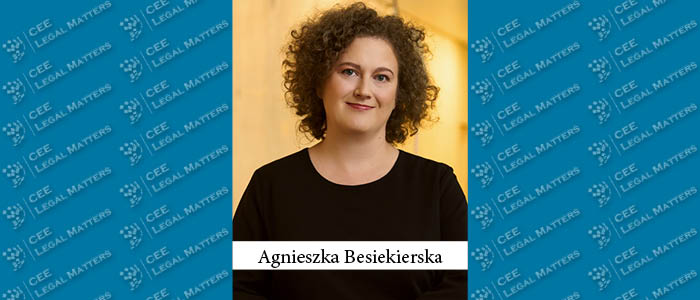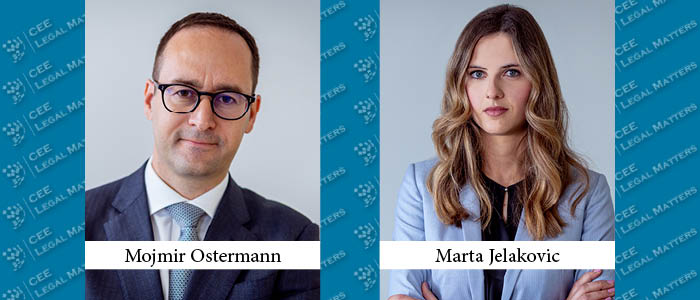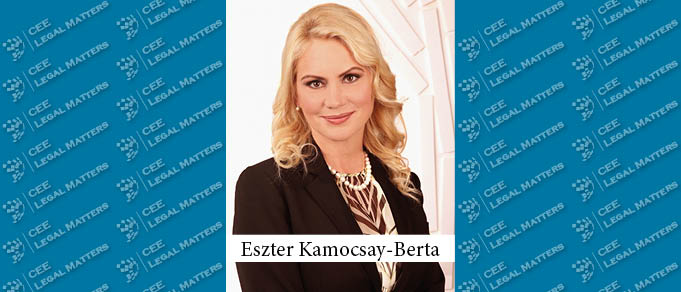With a potential WeWork restructuring on the horizon, this article explores some issues landlords may face under their WeWork leases, with a focus on how courts in Poland might address them.
Non-Compete – Limitations and Practical Issues
Everyone is free to choose their work, time, or place of engagement and the profession they will commit to. The Serbian Constitution grants these basic human rights while also envisaging that all jobs are available to everyone under equal conditions. A similar principle is founded under the Law on Protection of Competition - that the protection of competition on the market of RS is regulated with the aim of economic progress and the well-being of society as a whole, especially to the consumer’s benefit. However, these are only the general principles that are subject to numerous constraints with the purpose of either protecting basic human rights, preventing unfair competition, or harboring the whole economic system with the consumers and companies as its vital participants.
ESG: The Time to Prepare is Now!
The impact and perception of ESG considerations in the CEE region, and specifically in the Czech Republic, is still in the early stages of its evolutionary path, compared to, say, the U.K., the U.S., or larger Western European economies. There is certain skepticism and uncertainty as to what this new trendy acronym means and if, at the end of the day, it will really impact a Czech industrial family business, a hotel, or a high-tech start-up. ESG considerations, policies, and metrics are likely to be more familiar (and implemented to a certain degree) to a large Czech company – moreover, when it’s a part of an international corporate group – rather than a smaller Czech enterprise, but of course, there are exceptions to the rule.
New Obligations Related to the Introduction of Whistleblowing in the Czech Republic
After several unsuccessful attempts, the Czech Republic has finally adopted a law that introduces institutional protection for whistleblowers in accordance with European legislation. The Whistleblower Protection Act (Act) will come into force on August 1, 2023.
Ukraine: Building Up The Defense Tech Sector in Ukraine
Since the onset of the Russian invasion in 2014, and particularly since the full-scale invasion that began on February 24, 2022, Ukraine has found itself in the epicenter of a new and challenging reality. This ongoing conflict has sparked a remarkable surge in Ukraine’s defense technology sector.
Lithuania: AI Act. When?
More than two years ago, in April 2021, the European Commission presented its long-awaited proposal to regulate the use of artificial intelligence (AI) in Europe. AI is a rapidly developing group of technologies. Today, there is little doubt that these technologies have the potential to bring (and are already bringing) enormous economic and societal benefits across a wide range of industries and social activities. However, in the absence of legal regulation, these technologies can also be abused, with particularly severe consequences for both individuals and society.
Poland: 5G Auction Announced Once Again. Cybersecurity Issues Still Unresolved.
On June 22, 2023, the Polish telecommunications regulator (the President of UKE) announced an auction of 3,6 GHZ frequencies intended for the 5G network. The auction will consist of a few phases, including submissions of initial bids, a formal assessment, trial auctions, auctions, and reservations of frequencies. It is expected that the auction will be settled this year. Despite the announced plans, the auction is affected by significant cybersecurity issues which have yet to be resolved.
Czech Republic: Cybersecurity – Czech Businesses Are Getting Ready for NIS 2
Cybersecurity is trending in Czechia again not only because of recent large-scale cyber-attacks targeting important institutions such as hospitals, the Czech public radio, or the national highway directorate (resulting in some of its systems being unavailable for several months) but also due to legislative developments. Specifically, cybersecurity is also making headlines as it is time for many Czech businesses to get ready for the NIS 2 Directive (Directive (EU) 2022/2555 of the European Parliament and of the Council of 14 December 2022 on measures for a high common level of cybersecurity across the Union).
Serbia: Amendments to the Serbian Act on Electronic Communications
Recently, the Serbian Parliament enacted amendments to the Act on Electronic Communications (Act). The Act was drafted through a collaborative effort of representatives from a broad range of organizations, including the Regulatory Agency for Electronic Communications and Postal Services (RATEL), the Regulatory Agency for Electronic Media (REM), the National Alliance for Local Economic Development (NALED), the Foreign Investors Council, the National Convention on the European Union, supplemented by expert opinions from the business sector.
Slovenia: Unveiling the DMA – Safeguarding Open Markets in the Digital Sphere and Its Impact on Slovenia
The initiation of the European Union’s Digital Markets Act (DMA) on May 2, 2023 marked a pivotal turning point in digital markets. Designed to counteract the monopoly-like tendencies of so-called “gatekeepers” – large online platforms wielding significant power – the DMA is revolutionizing the digital space. However, its implications extend beyond these giant companies, and it’s essential to examine the impact on smaller EU members like Slovenia.
Bulgaria: The Piracy Ship Started Sinking in Bulgaria
On May 31, 2023, the Sofia City Court issued a landmark decision in the field of copyright protection, pursuant to which three internet providers were directed to disable the access of their users to peer-to-peer file-sharing platforms Zamunda and The Pirate Bay – to both the main torrent websites and any known proxies allowing access to these platforms.
Greece: The Hellenic Data Protection Authority’s Case Law on Telecommunications Providers
In the digital era, the protection of personal data has become a critical concern. Governments and regulatory bodies worldwide are actively working to ensure that individuals’ privacy rights are upheld and telecommunications providers play a significant role in this landscape. In this context, a brief review of the Hellenic Data Protection Authority’s (HDPA) case law concerning telecommunications providers in Greece over the past 12 months would lead to invaluable insights into the evolving respective legal landscape and the challenges faced by both organizations and individuals in safeguarding personal data.
Croatia: Influencer Marketing – Advertise at Your Own Peril
Following global trends, Croatia has seen rapid growth in influencer marketing in the past few years. On one hand, the main benefit is evident: partnering with the right influencer helps a brand grow exponentially. On the other hand, same as with social media posts, the accompanying legal and reputational risks can go viral in no time, so brand companies, marketing agencies, and influencers should tread carefully.
Hungary: AI Language Models and the EU AI Act – The Urgent Need for Overarching Legislation
The most accurate sentence that describes AI language models would be: “I’m sorry, the answers are ready, you just need to ask the right questions.”
Bosnia and Herzegovina Investment Guide Series – Foreign Investments
In accordance with the Law on Foreign Direct Investment Policy in Bosnia and Herzegovina, foreign investors are guaranteed the following:
Significant Amendments Unveiled with North Macedonia’s New Law on Advocacy
The end of September 2023 not only marked the close of the month but also heralded the replacement of Macedonia’s previous Law on Advocacy with a new substantially amended law. The new law, which entered into force on 3 October 2023, introduced significant amendments designed to elevate the level of practice of law in Macedonia.
Montenegro Regulates the Real Estate Brokerage
The Ministry of Economic Development and Tourism adopted the Draft Law on Real Estate Brokerage. The adoption of this law is motivated primarily by the need to suppress the grey economy that is flourishing in the field of real estate brokerage. The second, equally important motive is the protection of participants and the prevention of abuses and fraud in real estate sales.
Elevating Climate Protection as a Key Funding Priority
In the past, banks have predominantly relied on financial metrics to guide their funding strategies. However, with the prominence and importance of ESG (Environmental, Social and Governance) principles, a paradigm shift is underway. Sustainability metrics are gaining prominence in the decision-making process for financing companies or projects.

































